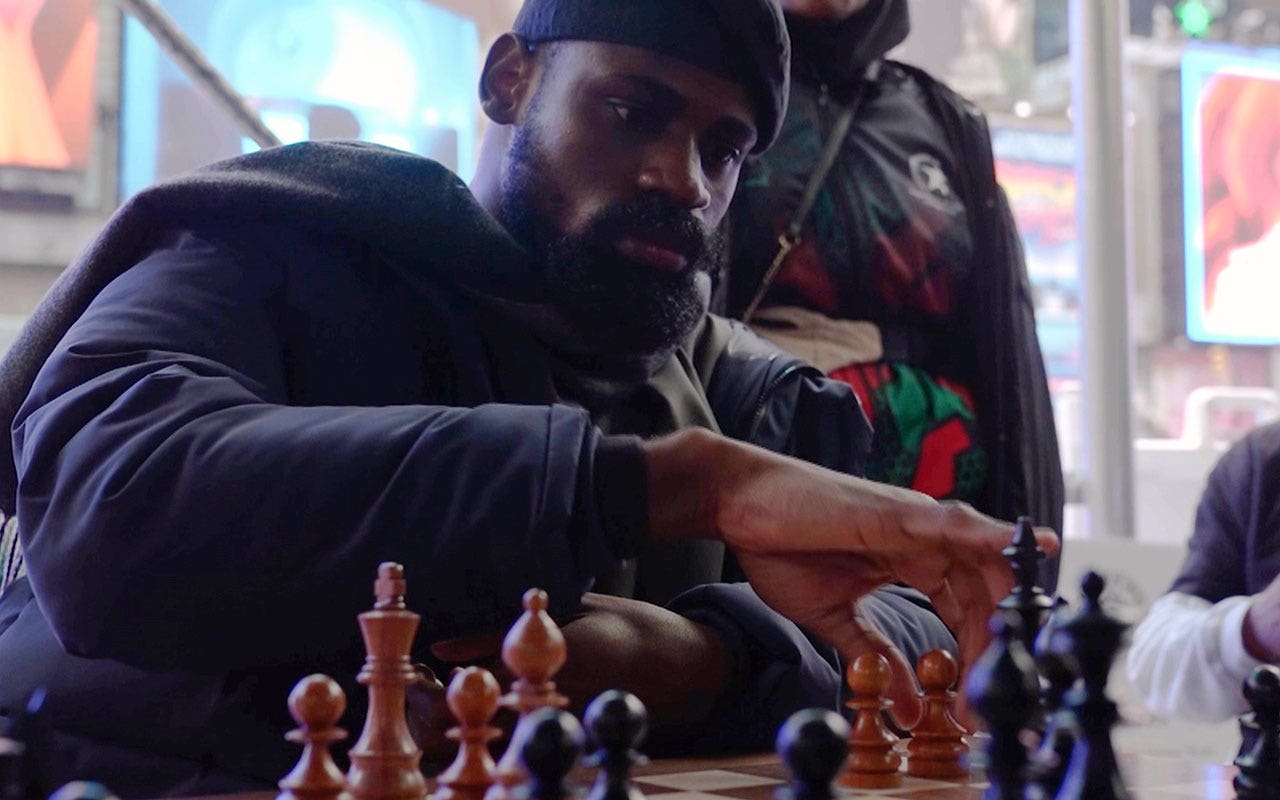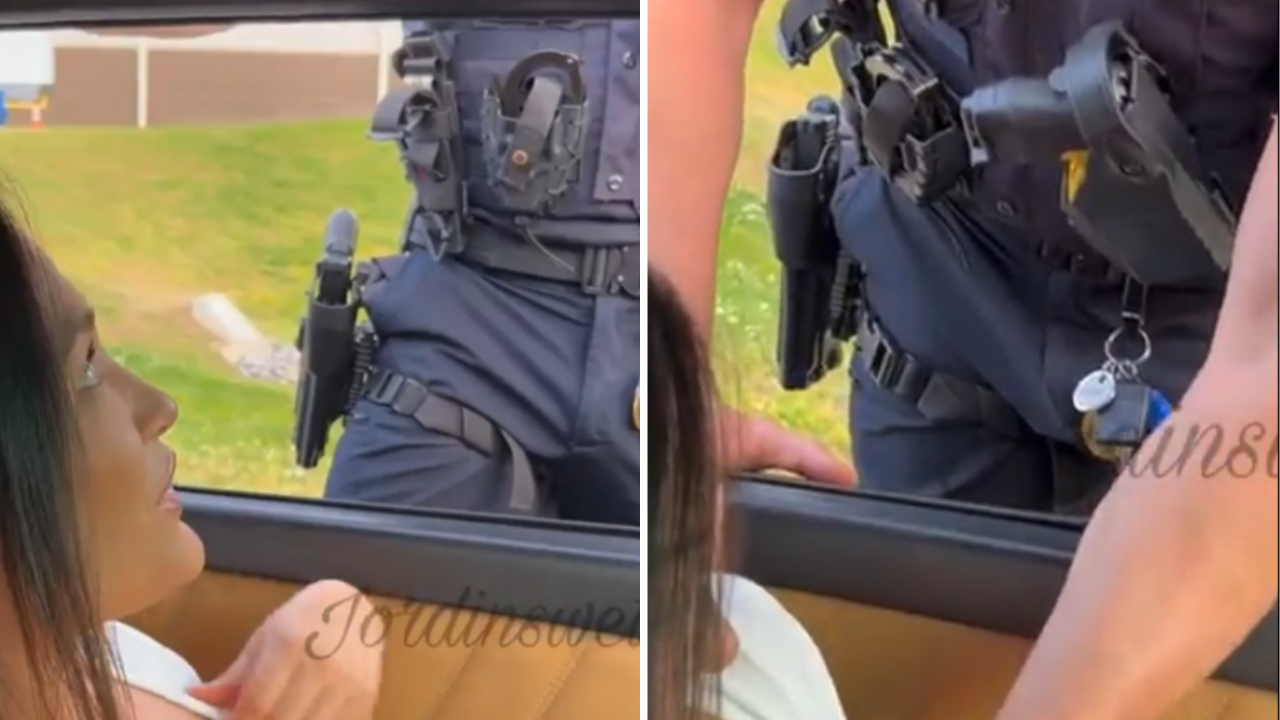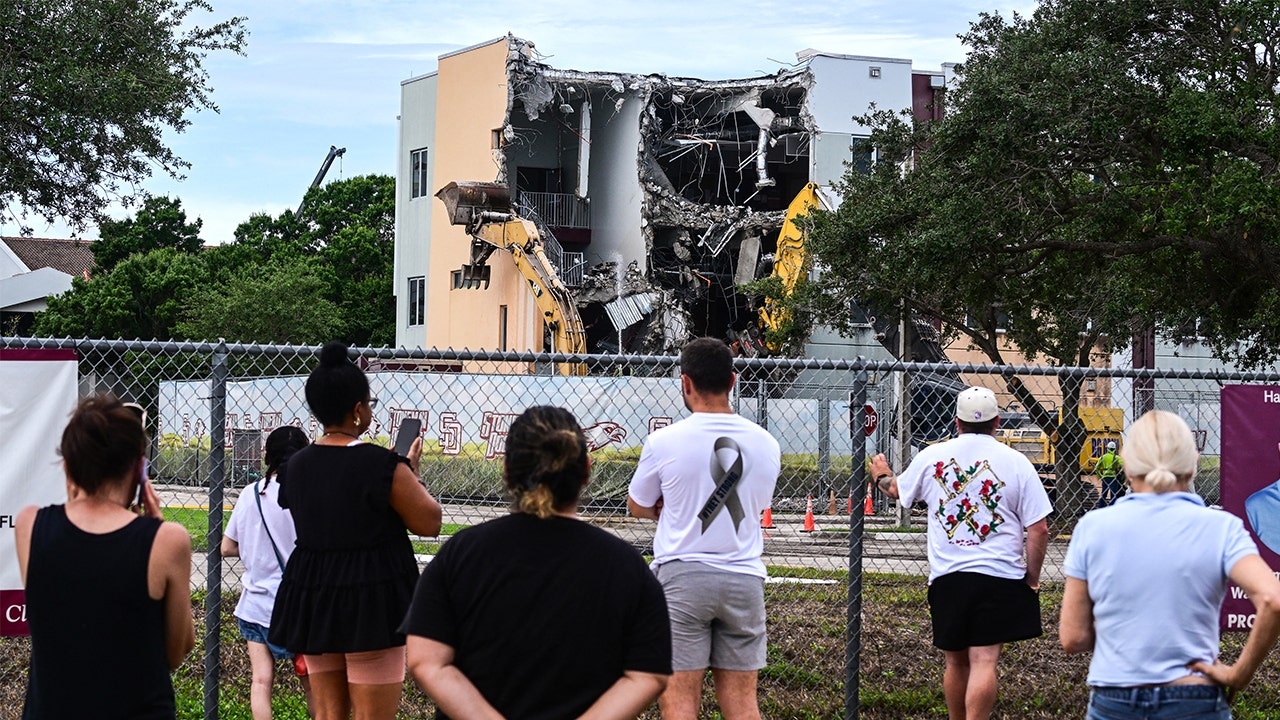As a pro-Trump mob stormed the Capitol on Jan. 6, 2021, the commanders and members of the District of Columbia National Guard waited in frustration for hours for the order to help put down the riot unfolding just minutes from where they were stationed.
With marauders assaulting the police and people dying at the Capitol, Gen. William J. Walker, then the commander of the D.C. Guard, turned to colleagues and openly contemplated defying his chain of command and sending his troops immediately to help the overrun Capitol Police restore order.
“If I could send them right now without being fired, I would send them right now,” General Walker told Brig. Gen. Aaron R. Dean II, then the Guard’s adjutant general.
What General Walker did not know as he fumed was that his superiors at the Pentagon had already agreed that the Guard needed to be deployed but, because of a huge miscommunication, hadn’t conveyed the order.
It was only through a bit of chance — and hours later — that the command made its way to General Walker, when a colleague who had heard there was an order from on high to deploy walked by a teleconference screen and was surprised to see General Walker still sitting and waiting at 5:09 p.m.
The colleague, General James C. McConville, the Army chief of staff, “came back into the call and said, ‘Hey, you’re a go,’” according to General Walker’s testimony.
More than three years after the deadly riot, a clearer picture is emerging of one of its enduring mysteries: What caused the hourslong delay in deploying the D.C. National Guard, whose headquarters are less than two miles away, to the Capitol on Jan. 6.
General Dean and three other former members of the Guard recently sat for transcribed interviews and then a public hearing with the House Administration Committee, which is continuing to dig into the events of Jan. 6.
The picture is far from a flattering one: A miscommunication between Christopher C. Miller, the secretary of defense at the time, and Ryan D. McCarthy, the secretary of the Army, resulted in each man leaving a critical exchange on the afternoon of Jan. 6 with a different understanding of how quickly the Guard would be deployed — and who would give word that it was authorized.
Instead of giving that order, Mr. McCarthy then made a series of phone calls to lawmakers and members of the media and drew up never-implemented plans for the deployment, according to the testimony of several witnesses.
On top of that, the military had adopted a particularly cautious approach to deploying the Guard, with several top commanders openly worried about the “optics” of such a mobilization in part because of concerns that President Donald J. Trump could misuse the Guard, and they approached the situation as akin to sending troops into an overseas war zone. Complicating matters even further, Mr. Trump, who had set in motion a plan to overturn his election defeat and was sitting at the White House watching the mayhem unfold on television, never once picked up the phone during the riot to try to expedite a military response.
“If the secretary of the Army, secretary of defense or the president had said, ‘Go,’” General Dean said in recent testimony, “we would have been there much faster.”
The testimony highlighted a still-simmering feud inside the military over who is to blame for the more than four-hour delay in deploying the National Guard. The pro-Trump mob began assaulting police officers at the Capitol just before 1 p.m. But it took until 5:40 p.m. for the National Guard to arrive on the Capitol grounds, after the Capitol Police and the Metropolitan Police Department had largely put down the riot.
Politico earlier reported on details from the latest transcripts.
House Republicans have been investigating the events of Jan. 6, 2021, in an effort to find bias or errors in the work of the Democratic-run House Jan. 6 Committee, which produced a series of blockbuster hearings during the last Congress. They have produced no evidence to invalidate the committee’s work, but they have released transcripts and videos that add important details to the public’s understanding of that violent day.
Rather than undercutting the Jan. 6 Committee’s findings about the Guard delay, the new interviews have buttressed the committee’s work, which was laid out in an appendix in the panel’s final report.
The latest transcripts from the four former National Guardsmen cast Mr. McCarthy as a major contributor to the delay in the Guard’s deployment.
General Dean testified that on Jan. 6, General Walker called Mr. McCarthy at least three times seeking to deploy the Guard, but that he was either brushed aside or his calls went straight to voice mail.
“I was standing right there on several occasions when he tried to call, and it went directly to voice mail,” General Dean said, adding: “He was in the building but he wasn’t available.”
He described a frantic call that General Walker received from Steven A. Sund, then the chief of the Capitol Police.
“‘There’s shots fired; I need your help right now,’ ” General Dean said Mr. Sund told the Guard commander. “And you could hear it in his voice. His voice was shaking. You could hear it in his voice. And so he would have sent them right then.”
General Dean also raised a much-discussed call at 2:30 p.m. in which top military brass pushed back on calls to deploy the Guard and expressed concerns about optics. Among the men on the call were Lt. Gen. Walter E. Piatt, the director of the Army staff, and Gen. Charles A. Flynn, then a deputy Army chief of staff and the brother of Michael T. Flynn, Mr. Trump’s former national security adviser.
“I’m not sure why we’re concerned about optics when it comes to, you know, saving lives and preventing damage and loss of property, but OK,” General Dean said.
Under questioning from Democratic congressional staff, General Dean added that Mr. Trump could have sped up the Guard deployment had he intervened.
“He could call General Walker directly: ‘Hey, General Walker. I need you at the Capitol right now,’” General Dean said.
“And did that happen?” he was asked.
“No,” he replied.
One of the factors at play in the Guard delay can be traced back to the summer of 2020, when the Department of Defense came under harsh criticism for its response to the civil unrest after the murder of George Floyd, particularly for flying military helicopters over the protests.
As a result, just days before the Jan. 6 riot, the Pentagon had removed General Walker’s authority to quickly deploy his troops without permission from Mr. McCarthy, the Army secretary. In a pair of memos on Jan. 4 and Jan. 5, 2021, the deployment of a rapid-reaction force was allowed “only as a last resort.”
General Walker told the Senate in 2021 that he could have had 150 members of the Guard to the complex hours earlier. The violent rampage that unfolded over nearly five hours caused injuries to more than 140 police officers and left five people dead.
“Seconds mattered,” he said then. “Minutes mattered.”
Another contributing factor was the loss of experienced people in their positions toward the end of the Trump administration. Mr. Trump had fired Mark T. Esper as defense secretary, and Attorney General William P. Barr had resigned.
Mr. Miller had been the defense secretary for just 72 days at the time of the riot.
The miscommunication that appears to have driven the delay on Jan. 6 came during a 3:04 p.m. conversation at the Pentagon between Mr. Miller and Mr. McCarthy. Mr. Miller has testified that he left the conversation thinking that the Guard deployment was already in motion, but neither he nor Mr. McCarthy conveyed the order to General Walker.
“What I’m saying is that it appears that McCarthy interpreted the guidance and the order at 3:04 differently than I relayed it, which I think is completely acceptable based on the chaos,” Mr. Miller told the House Jan. 6 committee.
In his own transcribed interview, Mr. McCarthy acknowledged the miscue: “That’s where we may have talked past each other in his office.”
“Is it fair to say that at that point maybe there was a miscommunication as to whether General Walker at 3 p.m. had the full authority that he needed in order to deploy the D.C. National Guard?” Mr. McCarthy was asked.
“Correct,” he responded.
Instead of delivering the order to General Walker, Mr. McCarthy spent the next 25 minutes on the phone with members of Congress and journalists, assuring them the Guard was on its way.
By 3:45 p.m., Mr. McCarthy had headed to D.C. police headquarters to draft a plan for the Guard, but no such plan was ever delivered.
As General Walker waited with mounting frustration for an order that his superiors believed they had already given, he was openly mulling sending the troops without authorization.
“General Walker literally said to myself and others that, like, you know, he had a thought in his head of sending them anyway — of just doing it and dealing with the consequences afterwards,” Command Sgt. Maj. Michael F. Brooks, then the senior enlisted officer of the D.C. Army National Guard, testified. “I think I made the statement to him, I said, ‘Sir, I don’t think anybody would fault you.’ ” You know, I mean, just — we were just baffled by, like, why were we just seemingly unable to go. Like, we were ready.”
Sergeant Major Brooks testified that he slept in his office for days after Jan. 6 as the National Guard took up residency at the Capitol, and that he still harbored frustration about how senior military leaders dragged their feet. He attributed the dithering and miscommunication to an impulse among the men to preserve their own reputations and positions.
“They all acted like they were waiting on something, they were trying to protect something that was theirs, instead of protecting what mattered, which was the people who did this mission, who did this operation,” Sergeant Major Brooks said. “They all just huddled together and tried to cover themselves.”






